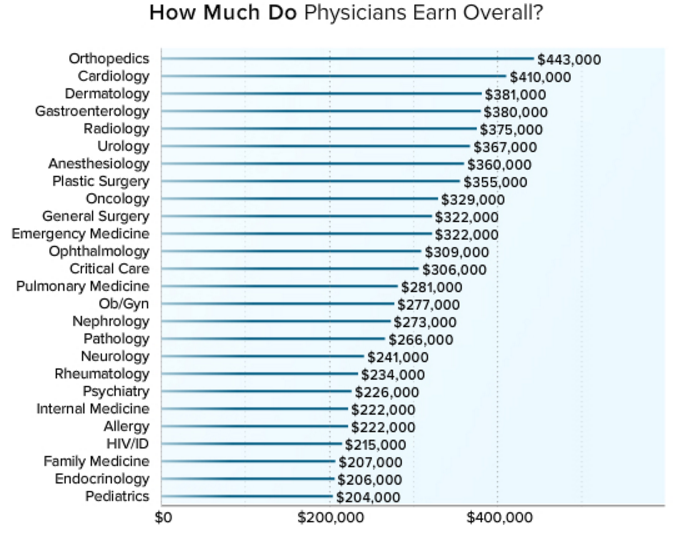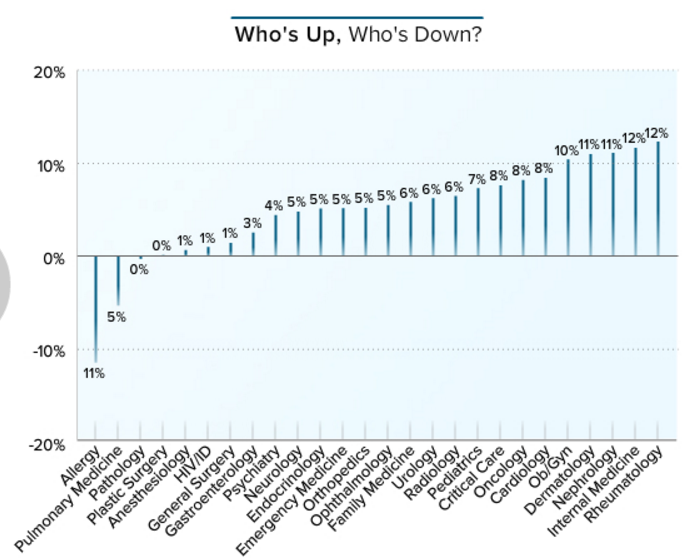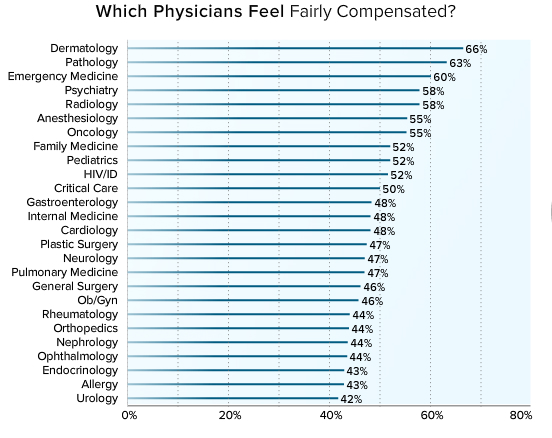D
deleted171991
I honestly don't know where you got his concept that juries don't award more than your malpractice insurance. They do, especially with OB. Most states don't have economic damage caps, and some don't have even those. And juries still think doctors are loaded.malpractice insurance. you aren't going bankrupt
Also, as critical keeps saying, getting a blot on your malpractice history can make you unemployable by many good groups. They just don't want to deal with the risks, the same way this society never truly reintegrates its felons. This is not a specialty where one can just start out on one's own, open a solo practice if nothing else works.
I have never been on the receiving end of this, but I have seen enough near misses to know that doctors can be classified into two groups: those who have been sued already, and those who don't know how lucky they are that their history is still clean.
And there is a huge difference when one is sued while being a partner, or as an employee. In the latter case, his employer dumps him like a hot potato, and good luck finding another job that doesn't exploit him. In a specialty where our employers and patients whine if the latter get even a nick in the lip, anybody less than perfect will have a hard time finding a good job.
Last edited by a moderator:



